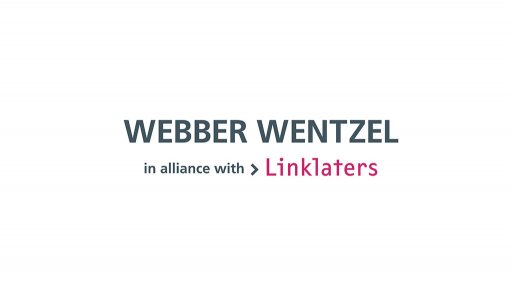
On 1 April 2024, the earnings threshold will increase to R254 371.67, entitling employees falling below the new threshold to stricter protections in terms of labour legislation
The earnings threshold will increase to ZAR 254,371.67 with effect from 1 April 2024. This represents an increase of ZAR 13,261.08 from the current earnings threshold of ZAR 241,110.59. The earnings threshold, a determination in terms of section 6(3) of the Basic Conditions of Employment Act (BCEA), impacts the applicability of certain of the provisions of the BCEA, the Labour Relations Act (LRA), and the Employment Equity Act (EEA). Employees who earn above the threshold are not entitled to certain of the protections afforded to those employees who earn below the threshold.
- Sections of the BCEA regulating ordinary hours of work, overtime, meal intervals, daily and weekly rest periods, Sunday pay, pay for night work and pay for work on public holidays only apply to employees earning below the threshold.
- Employees earning above the threshold are not subject to the deeming provisions that apply to temporary employment services (labour brokers), and fixed-term employment provisions under the LRA.
- In the EEA, employees earning above the threshold are not allowed to refer disputes relating to unfair discrimination to the CCMA for arbitration unless it is related to sexual harassment or all parties agree to arbitration.
The determination delineates that which is to be included in the definition of “Earnings” for purposes of calculating whether an employee falls above or below the earnings threshold and an understanding of this is essential in seeking to minimise the risk of non-compliance with the BCEA. Importantly, “Earnings” in this context must be differentiated from that which may otherwise be included in ‘remuneration’ in terms of the Ministerial Determination regulating the Calculation of Employee's Remuneration in terms of section 35(5) of the BCEA.
The increase to the earnings threshold may result in an increased number of employees becoming entitled to the stricter protections afforded to such employees in labour legislation, such as overtime payments. This may, in turn, have financial consequences for employers. An assessment should be conducted by all employers to ensure that the increase and its consequences are accounted for in the workplace and, where necessary, that changes to the employment contracts or remuneration structures are affected in order to mitigate the risks of any unintended contraventions of the BCEA or the deeming provisions applicable to atypical employment arrangements.
Written by Brett Abraham and Mehnaaz Bux, Partners at Webber Wentzel